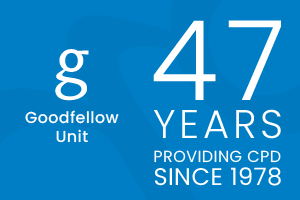Dr Chris Cameron, a general physician and clinical pharmacologist in Wellington, discusses what defines frailty and why this is important to assess in our older patients. Frailty can be used as a starting point to review and withdraw medicines, as it can give us an indication of the length of life left.
Age is less predictive of this and can be a less accurate measure of the need to look at deprescribing medicines. Māori and Pacific people potentially become frail at an earlier age, associated with earlier onset of chronic health conditions. As our patients become frail there is a need to address our approach to their health management, and consider moving the focus from “curing” to “caring”.
Chris also addresses some of the relevant pharmacokinetic changes common in older people, which explains why drug doses may need modification in this group.
Resources
- Polypharmacy in people aged 65 and over HQSC NZ
- STOPP/START criteria for potentially inappropriate prescribing in older people: version 2 Age and Ageing (2015)
- Prevention is better than cure: five tips for keeping older people healthy and out of hospital during winter bpcnz (2015)
- Potentially inappropriate medications and potential prescribing omissions in hospitalised older adults in New Zealand: A retrospective study Australasian Journal on Ageing (2023)
Presenter

Dr Chris Cameron
Chris is a clinical pharmacologist and general physician at Wellington Hospital. She completed her advanced training in clinical pharmacology and works as a hospital based CP, and also teaches medical students about rational and safe use of drugs, especially safe prescribing in the elderly, multimorbid patient.
Chris has a special interest in rationalising drug use in the frail elderly.
To contact Chris Click here




